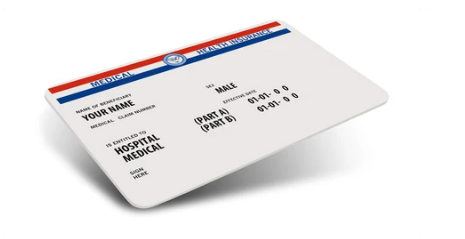Negotiating a fee schedule contract with a health insurance provider in the USA can be a complex process, but here are some general steps that you can follow:
Research and Prepare:
Gather information about the health insurance provider, including their current fee schedules, reimbursement rates, and other contract terms. Also, prepare your own data on your practice’s costs, patient volume, and desired reimbursement rates.
Here are some examples of the “Research and Prepare” step of negotiating a fee schedule contract with a health insurance provider:
- Analyze your current payment structure: Before starting the negotiation process, take a close look at your practice’s current payment structure. Gather data on your patient volume, services provided, and payment rates from different insurance providers. This will help you identify areas where you may be underpaid or where you can negotiate better reimbursement rates.
- Research the health insurance provider: Learn as much as you can about the health insurance provider you are negotiating with. Review their website, press releases, and other publicly available information to get a sense of their financial stability, market position, and corporate culture.
- Understand the industry standard: Research industry standards for reimbursement rates and payment structures for your specialty. This will help you understand what other practices are charging and what you should be aiming for in your negotiations.
- Gather data on patient demographics: Collect information on the demographics of the patients you serve, such as age, gender, and location. This will help you make a case for higher reimbursement rates if you serve a patient population with greater needs or challenges.
- Understand coding requirements: Review the coding requirements for the insurance provider you are negotiating with. Ensure that you are familiar with their coding rules and procedures so that you can maximize your reimbursement rates.
By conducting this research and preparation, you will be better equipped to negotiate a favorable fee schedule contract with a health insurance provider that meets the needs of your practice and your patients.
Start the Negotiation:
Reach out to the insurance provider and express your interest in negotiating a new fee schedule contract. Request a meeting to discuss your concerns and goals.
Define the Contract Terms:
During the meeting, work with the insurance provider to define the key terms of the contract, such as reimbursement rates, coding requirements, billing procedures, and contract duration.
Negotiate Reimbursement Rates:
Negotiate the reimbursement rates that you want to receive for the services you provide. Consider factors such as your practice’s costs, the local market rates, and the insurance provider’s profitability.
Consider Trade-Offs:
Consider trade-offs that the insurance provider may propose, such as offering a higher reimbursement rate in exchange for accepting more restrictive coding requirements or billing procedures.
Review and Finalize:
Once you have agreed on the key terms of the contract, review the contract carefully to ensure that it accurately reflects your agreement. Make sure to clarify any unclear terms or provisions before signing.
Monitor Performance:
After signing the contract, closely monitor the insurance provider’s performance to ensure that they are meeting their obligations under the contract. Be prepared to renegotiate the contract if necessary.

Remember that negotiating a fee schedule contract can take time and effort, but it can also be an important step in improving your practice’s financial stability and ensuring that you are fairly compensated for the services you provide.
You can also consult to a medical billing expert about how to negotiate a contract to enhance your revenue.



